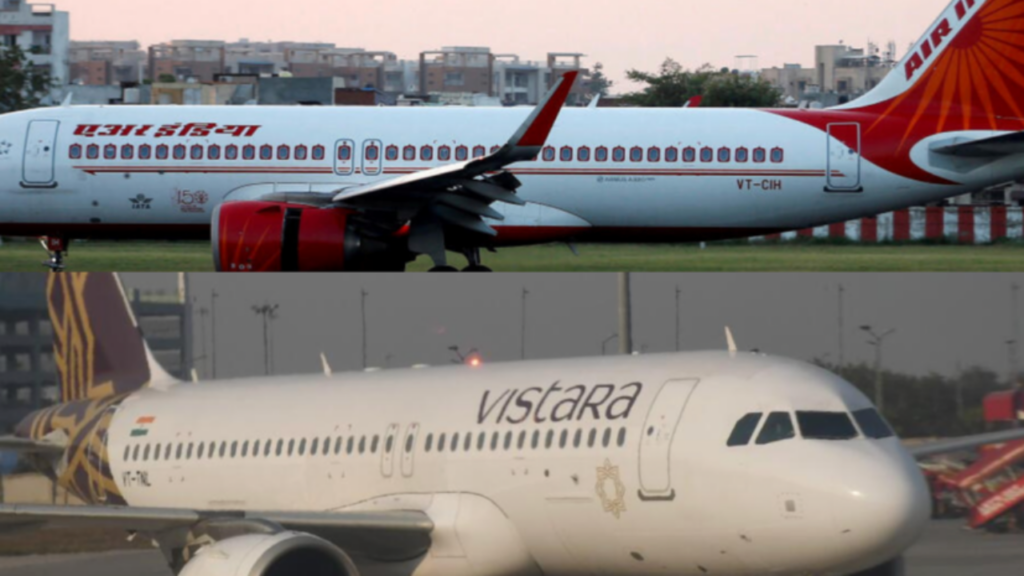The impending merger between Vistara and Air India has stirred up a wave of apprehension and discontent among employees, reflecting concerns over role allocation, job security, and organizational culture. As the two airlines navigate the complexities of integration, several factors contribute to the dissatisfaction experienced by staff members.

Uncertain Role Allocation
One of the primary reasons for employee discontent stems from the delay in role allocation within the merged entity. Despite assurances from Vistara management regarding fair and equitable opportunities, the lack of clarity regarding future positions has left many employees in limbo. Early integration exercises, such as the Hogan test for senior executives and aptitude tests for junior employees, have raised expectations, but the results have yet to be disclosed. This uncertainty creates a sense of unease and instability among the workforce, as employees grapple with the unknown prospect of their roles in the new organizational structure.
Fear of Job Redundancies
Another significant source of discontent among employees is the looming fear of job redundancies resulting from the merger. With Air India having hired over 9,000 employees in the past two years, concerns arise about potential overlaps and duplications in roles between the two organizations. The prospect of layoffs and downsizing adds to the anxiety felt by staff members, who worry about the security of their livelihoods amidst the integration process. The recent layoffs at Air India further exacerbate these fears, as employees face the possibility of being rendered jobless in the wake of organizational restructuring.
Cultural Misalignment
Apart from concerns about role allocation and job security, employees also express apprehension about potential cultural misalignment between Vistara and Air India. As two distinct organizations with different operating philosophies and work cultures, the merger poses challenges in integrating disparate workforce dynamics. Employees from both airlines may encounter differences in leadership styles, communication practices, and organizational norms, leading to feelings of discomfort and alienation. The clash of cultures could hinder collaboration and teamwork, impacting employee morale and productivity.
Lack of Transparency
The perceived lack of transparency surrounding the merger process further contributes to employee discontent. While management assures staff members of ongoing support and guidance, the delayed communication of critical information fuels distrust and speculation among employees. The absence of clear timelines and concrete updates leaves employees feeling uninformed and disconnected from the decision-making process, fostering a sense of disillusionment and resentment.
In conclusion, the Vistara-Air India merger presents a myriad of challenges that have left employees feeling discontented and apprehensive about their future within the organization. Uncertainties regarding role allocation, fear of job redundancies, cultural misalignment, and lack of transparency contribute to the prevailing sense of unease among the workforce. As the integration process unfolds, addressing these concerns and fostering open communication will be crucial in mitigating employee dissatisfaction and ensuring a smooth transition for all stakeholders.












